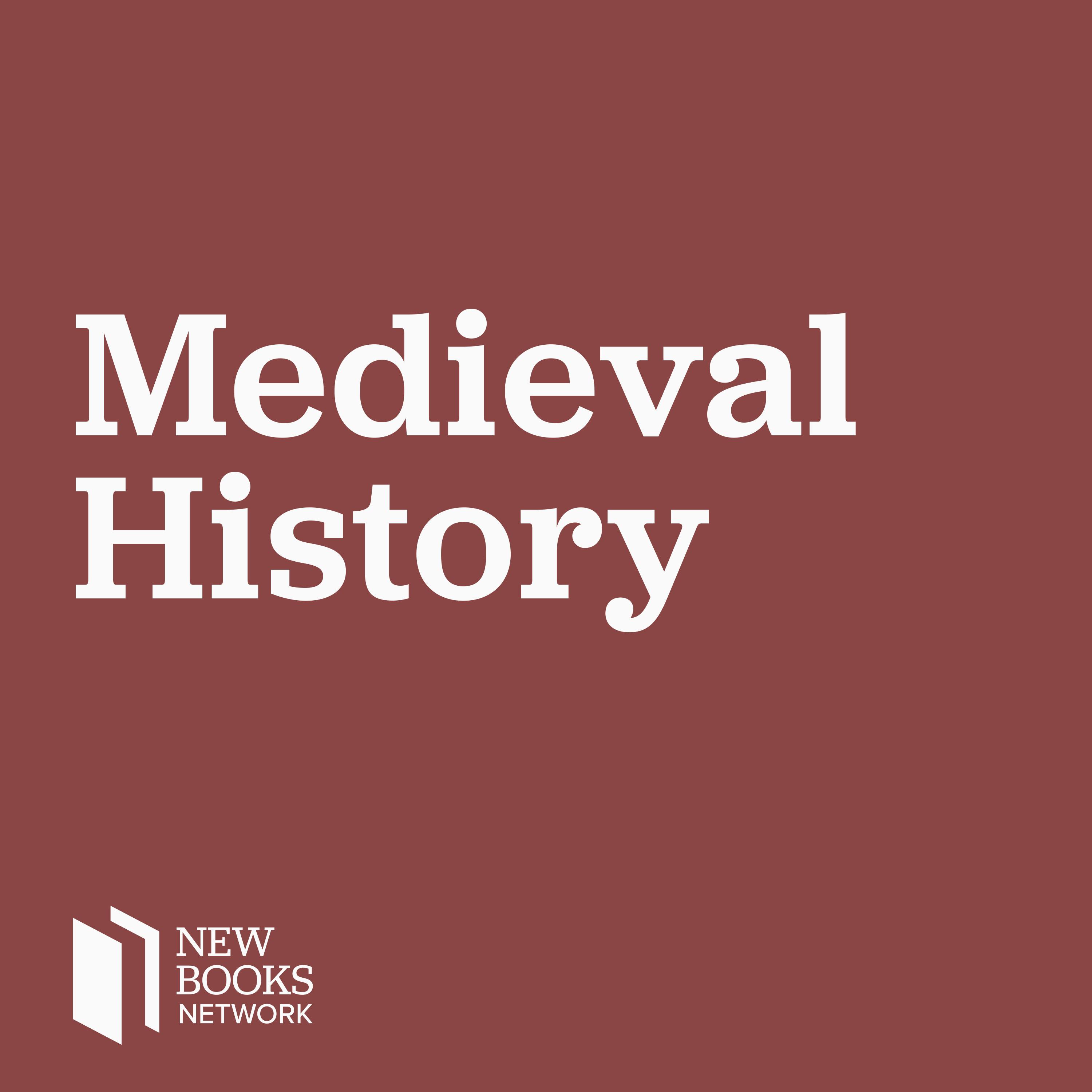Nicholas Spencer, "Magisteria: The Entangled Histories of Science & Religion" (Oneworld, 2024)
Description
Most things you 'know' about science and religion are myths or half-truths that grew up in the last years of the nineteenth century and remain widespread today.
The true history of science and religion is a human one. It's about the role of religion in inspiring, and strangling, science before the scientific revolution. It's about the sincere but eccentric faith and the quiet, creeping doubts of the most brilliant scientists in history - Galileo, Newton, Faraday, Darwin, Maxwell, Einstein. Above all it's about the question of what it means to be human and who gets to say - a question that is more urgent in the twenty-first century than ever before.
From eighth-century Baghdad to the frontiers of AI today, via Song dynasty China, medieval Europe and Soviet Russia, Magisteria: The Entangled Histories of Science & Religion (Oneworld, 2024) sheds new light on this complex historical landscape. Rejecting the thesis that science and religion are inevitably at war, Nicholas Spencer illuminates a compelling and troubled relationship that has definitively shaped human history.
Nicholas Spencer is Senior Fellow at Theos, a Fellow of the International Society for Science and Religion and a Visiting Research Fellow at Goldsmiths, University of London. He is the author of a number of books including Darwin and God, The Evolution of the West and Atheists. He has presented a BBC Radio 4 series on The Secret History of Science and Religion, and has written for the Guardian, Telegraph, Independent, New Statesman, Prospect and more. He lives in London.
Morteza Hajizadeh is a Ph.D. graduate in English from the University of Auckland in New Zealand. His research interests are Cultural Studies; Critical Theory; Environmental History; Medieval (Intellectual) History; Gothic Studies; 18th and 19th Century British Literature. YouTube channel. Twitter.
Learn more about your ad choices. Visit megaphone.fm/adchoices
More Episodes
Published 11/23/24
During the early medieval Islamicate period (800–1400 CE), discourses concerned with music and musicians were wide-ranging and contentious, and expressed in works on music theory and philosophy as well as literature and poetry. But in spite of attempts by influential scholars and political...
Published 11/12/24
Filippo Gianferrari, "Dante's Education: Latin Schoolbooks and Vernacular Poetics" (Oxford UP, 2024)
In fourteenth-century Italy, literacy became accessible to a significantly larger portion of the lay population (allegedly between 60 and 80 percent in Florence) and provided a crucial means for the vernacularization and secularization of learning, and for the democratization of...
Published 11/06/24


